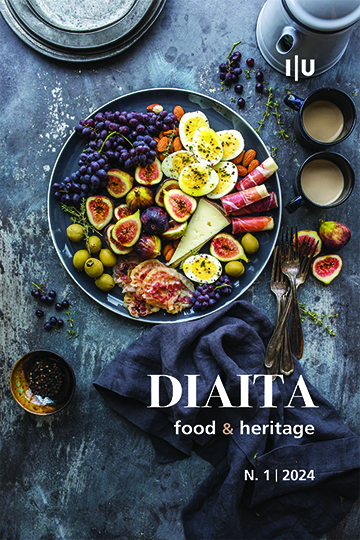O bacalhau na mesa do povo em Portugal na Época Moderna
Uma escolha alimentar vinda de fora e que se transformou num caso de sucesso
DOI:
https://doi.org/10.14195/2976-0232_1_8Palavras-chave:
Bacalhau pescado, Povo, Interditos Religiosos, Séculos XVI, XVII e XVIIIResumo
O presente artigo tem como objetivo dar a conhecer a relevância do bacalhau nas mesas mais humildes, desde o início da sua pesca pelos portugueses na Época Moderna (finais do século XV e XVI). Procurou-se, com o auxílio de fontes documentais coevas, atestar da sua importância no seio deste grupo social, analisando as referências históricas e literárias que lhe são feitas, para, depois de certificada a sua importância, procurar as razões dessa apetência que se revelou sempre em crescendo, mesmo quando os portugueses deixaram de pescar o bacalhau, passando a comprá-lo aos estrangeiros, em meados do século XVII.
Os resultados da nossa análise permitiram-nos concluir que este consumo se deve não só ao seu preço acessível (como era também o da sardinha), mas igualmente à grande importância dada na época aos interditos alimentares preconizados pela religião católica, que ditava vários dias de abstinência por ano, em particular na Quaresma, momento em que o consumo de carnes era tido como pecado grave e condenável aos olhos de toda a sociedade.
Interrogámo-nos, também, sobre a conotação negativa que na época este pescado detinha junto dos grupos sociais privilegiados, frequentemente aludida nas fontes. Investigaram-se as razões para tal, tendo-se verificado que, na sua base, estava a associação desse pescado ao povo, a que se somava o facto de estar ligado aos dias de abstinência (que apelavam ao sacrifício e à privação, tão indesejados entre os mais privilegiados). Também o facto de não ser um pescado consumido fresco, estado em que as elites, já desde a Antiguidade Clássica, mais o valorizavam e apreciavam, deverá ter determinado a conotação do bacalhau como um bem alimentar representativo dos grupos sociais mais humildes.



